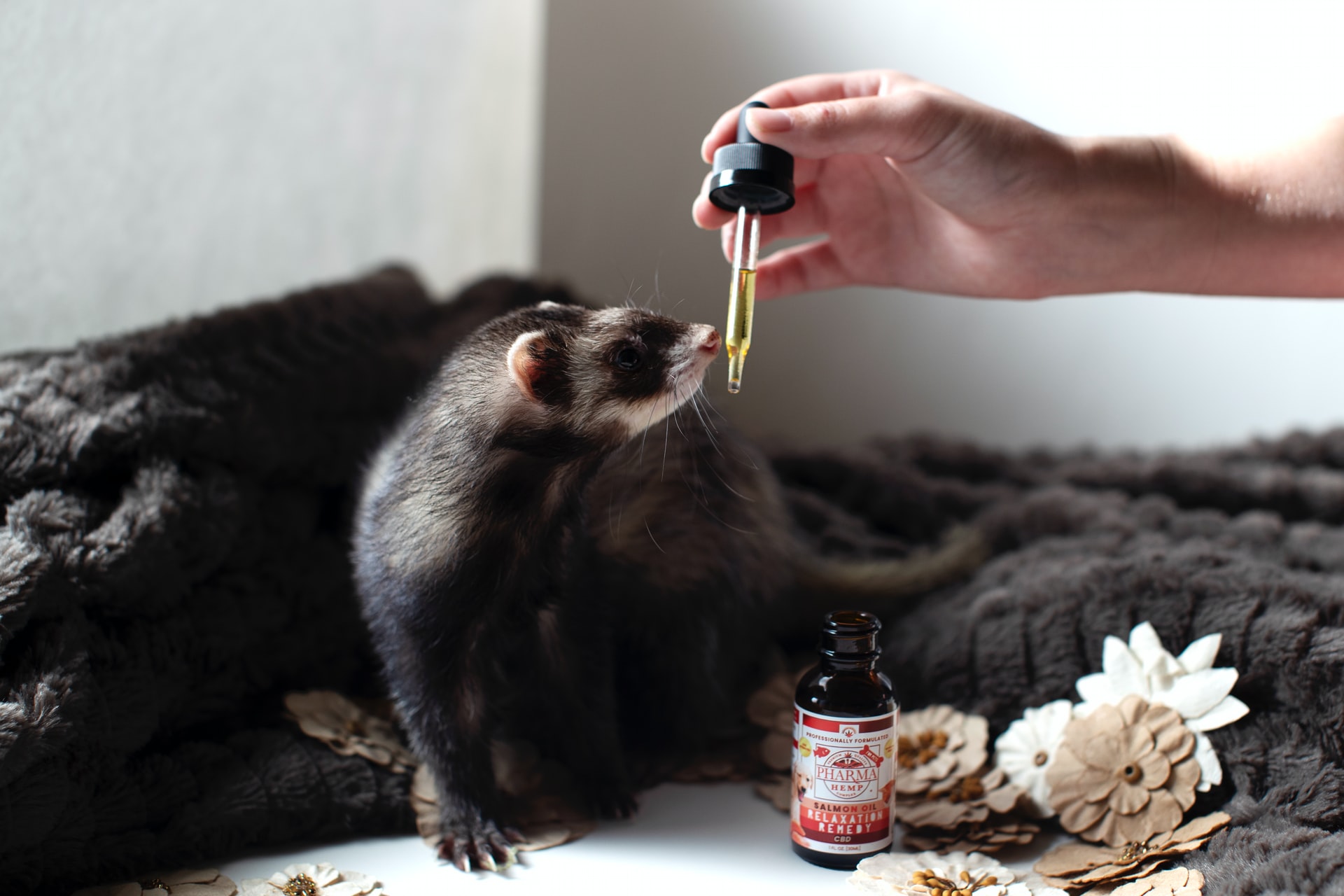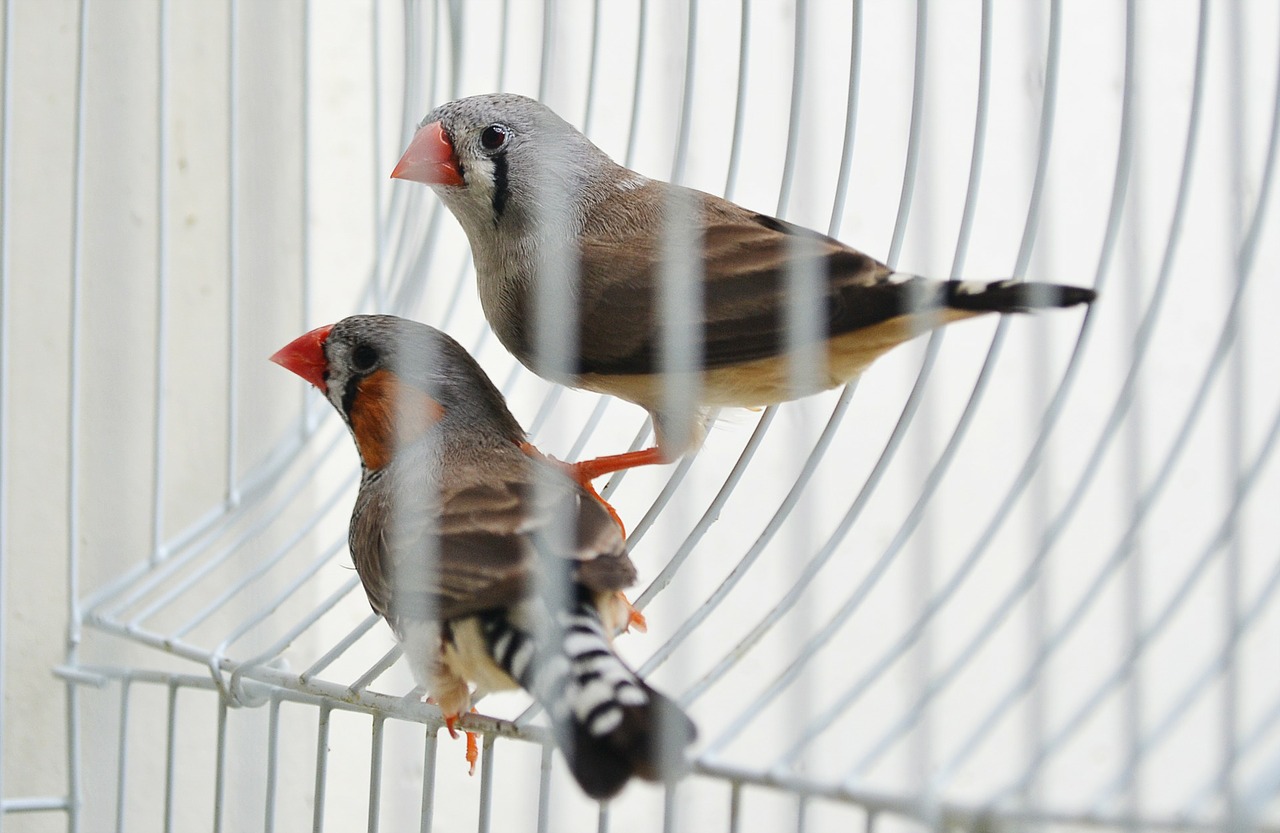The average ferret life span is typically 7 to 8 years with some living as long as 10 years!
These energetic and inquisitive creatures are members of the mustildae family which also includes the mink, weasel, otter, badger and skunk. Your pet ferret, however is domesticated and cannot survive out in the wild like it’s cousins. A ferret that is left outside would be pray to many other animals, would have no idea how to find for food and would last only a couple of days (if that) without human intervention.
The longevity of your ferret depends largely on the care you provide him. Proper veterinary checkups and recommended care are critical as is providing him with a well balanced diet and sanitary living conditions. The food you feed him can increase ferret life span considerably. Malnourished ferrets become sick very quickly.
It is important to always provide your ferret with fresh food and water in clean dishes. Our ferret needs a high protein food that has at least 30% protein and 18% fat with no more than 3% fiber. Ferrets cannot digest fiber so avoid grains and other high fiber foods.
Providing proper housing for your ferrets life span can help keep him happy and healthy. A large cage with plenty of playtoys is best. Of course you will want to take him out and play with him when you are home and you may even get him a harness so you can walk him outside.
When he is out of the cage, make sure he is supervised so that he cannot harm himself. If there are small children in the house, make sure that they do not grab and pull at him and never leave them alone unsupervised. If you take your ferret outside be sure he does not ingest anything from the ground or a puddle – foreign objects can get stuck in his digestive tract and there could be harmful fluids like anti-freeze in puddles. Never leave your pet ferret outside alone!
There are 4 main diseases that can shorten ferret life span. Some can be successfully treated with early detection so it is important for you to spend lots of time with your ferret so that you can be aware of any changes in his behavior or energy level. If you notice that he is acting lethargic or a change in bowel movements then a trip to the vet should be in order. Ferrets metabolize very quickly so getting a diagnosis right away is critical – a change in behavior could be nothing but it’s better to be safe than sorry!










